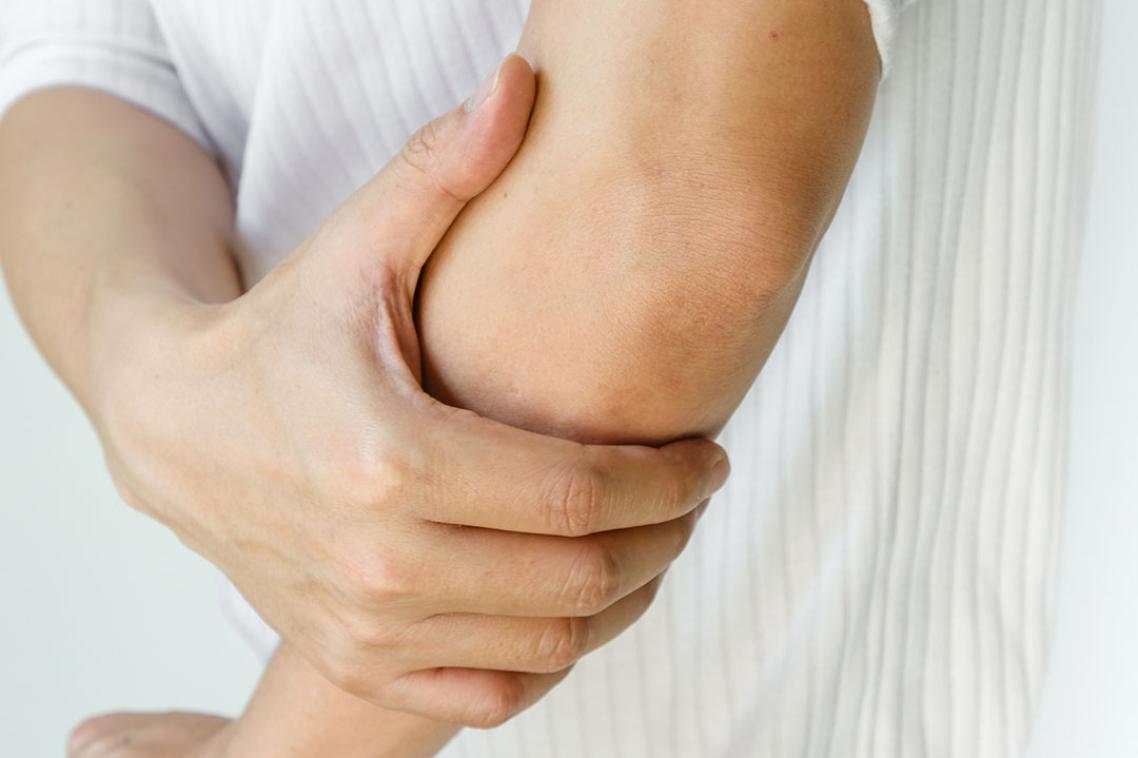Tennis elbow treatment with steroids misses the mark

(Photo credit: Adobe. )
A common tennis elbow treatment has been challenged by a new study from The University of Queensland.
UQ researchers found that treating patients with physiotherapy and a corticosteroid injection didn’t reduce recurrence or have a long-term effect on complete recovery, pain or quality of life.
Professor Bill Vicenzino from UQ’s School of Health and Rehabilitation Sciences said recent high quality trials revealed steroid injections resulted in initial short-term benefits, followed by the high chance (more than 70 per cent) of recurrence of injury after two months, as well as protracted delayed healing.
“The recurrences usually appear as patients feel a lot better after the injection. Despite being advised to gradually resume activities, they might do too much too soon,” Professor Vicenzino said.
“The common remedy is to undertake physiotherapy after the injection to moderate the return to full activity through graduated exercise,” he said.
The study compared patients who received corticosteroid treatment alone, placebo, corticosteroid therapy with physiotherapy or placebo with physiotherapy.
“We found the steroid injection produced higher recurrence rates than the placebo injection, indicating that the actual steroid medication was the likely reason for the higher recurrence rates.”
Professor Vicenzino said patients having steroid injections should be warned of the potential for recurrence of pain some three to 12 months after the injection, and of poorer longer term outcomes.
“Physiotherapy should first be tried in the absence of any steroid injection and then, if not fully resolved, further consideration of other management strategies be undertaken.
“Physiotherapy alone provides short-term benefits, as well as the lowest recurrence rates and 100 per cent recovery or significant improvement 12 months after injury.”
The study was recently published in The Journal of the American Medical Association.
Topics
Related articles

National guidelines to revolutionise concussion treatment

Sunshine state to the slopes - Georgia Gunew’s path to the Winter Paralympics
Media contact
UQ Communications
communications@uq.edu.au
+61 429 056 139
